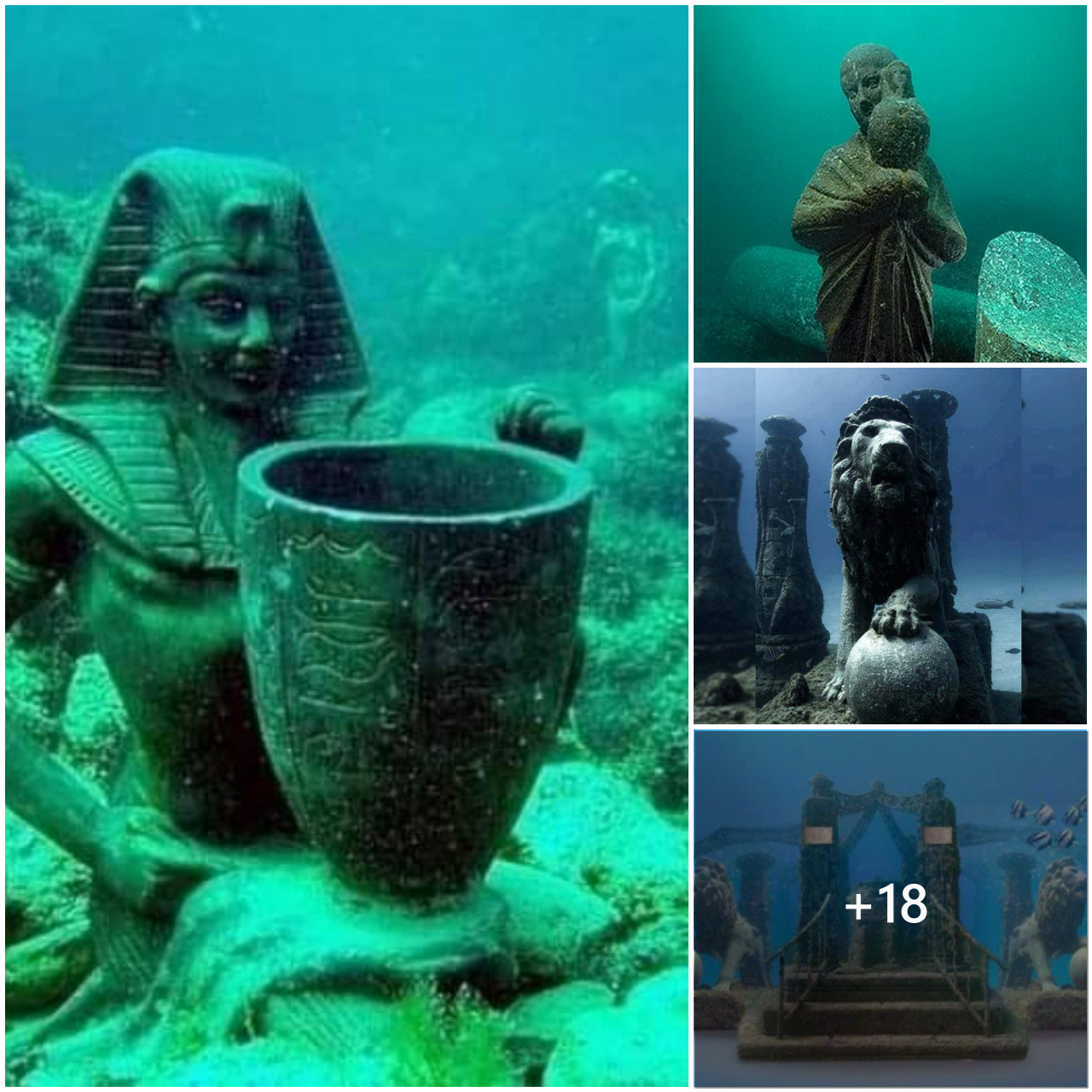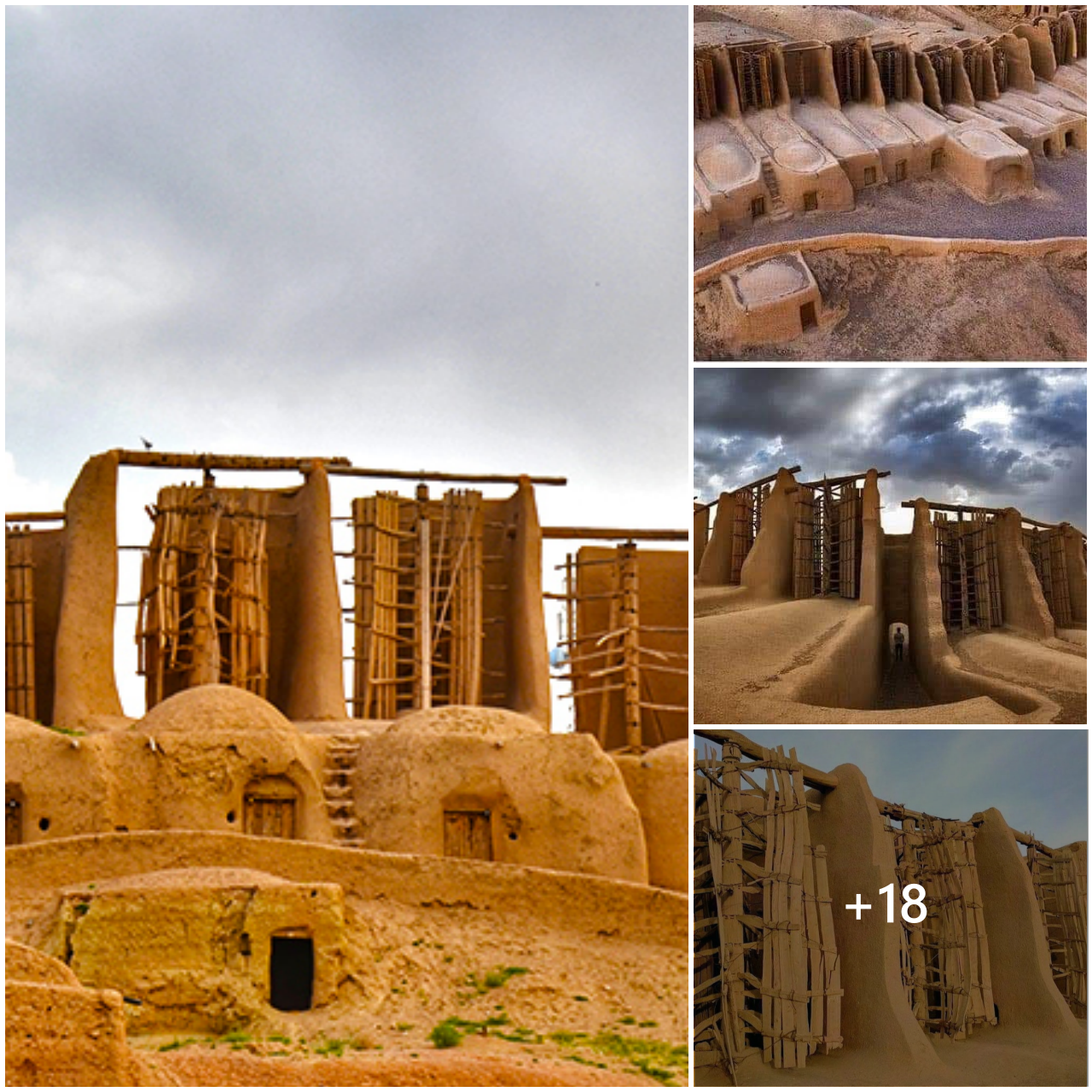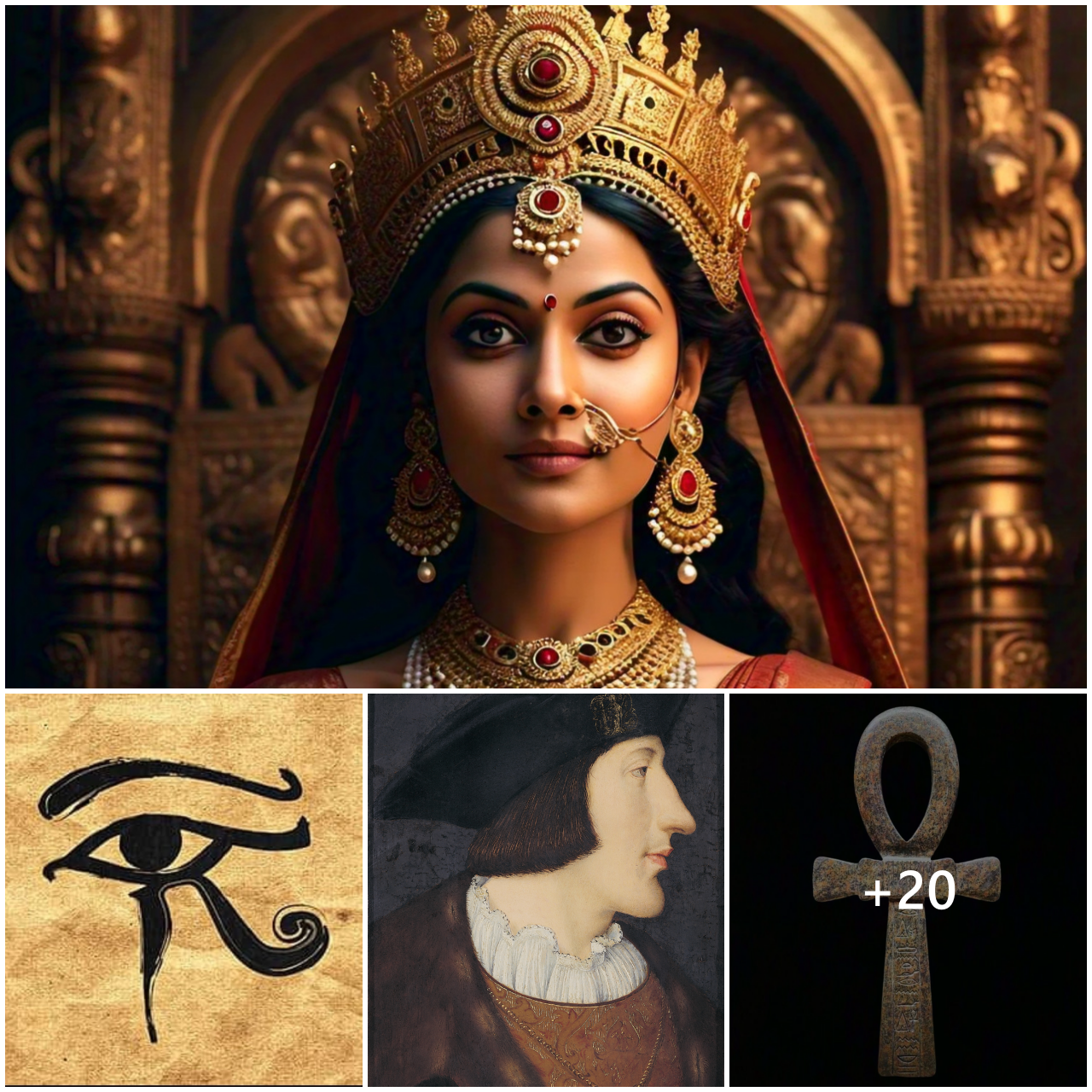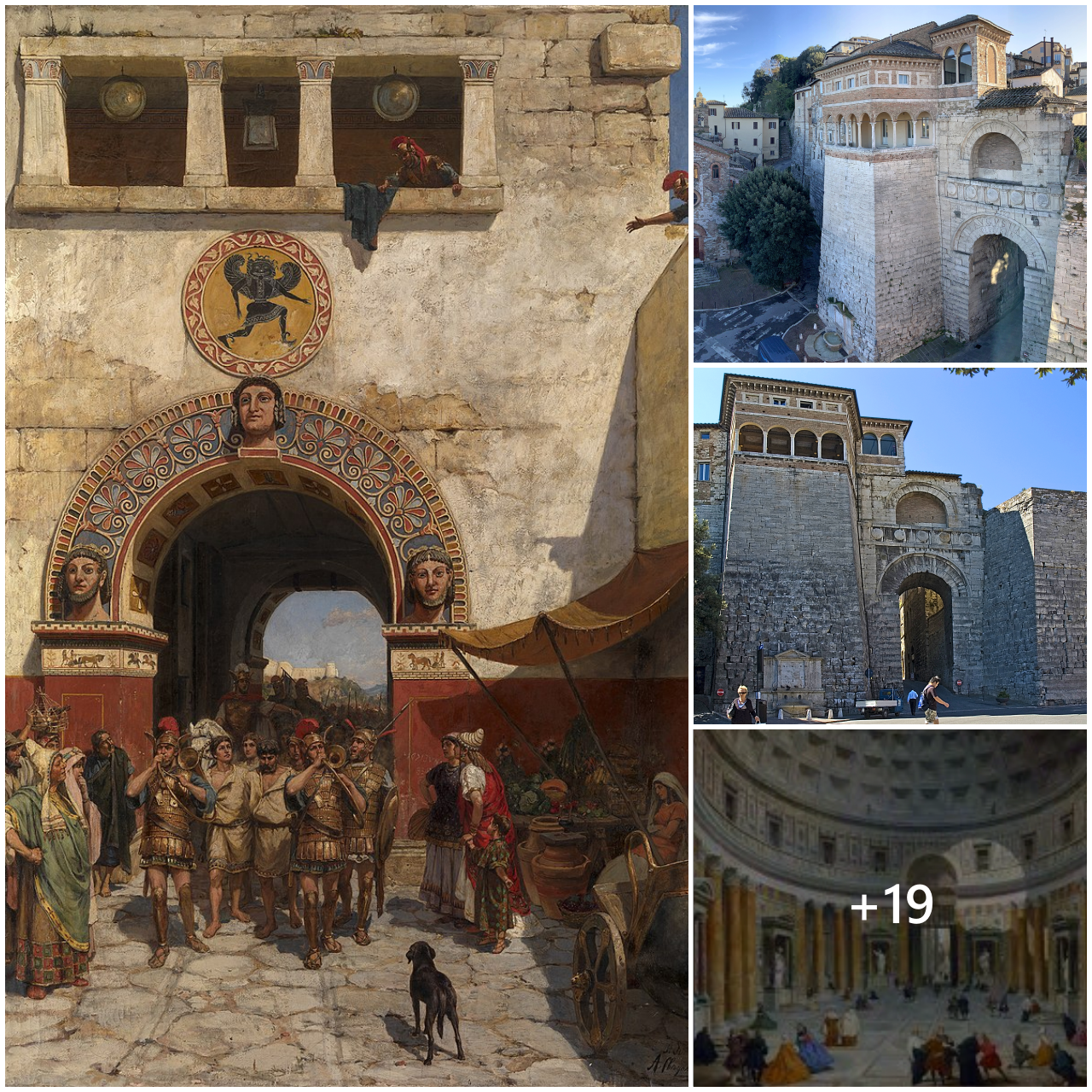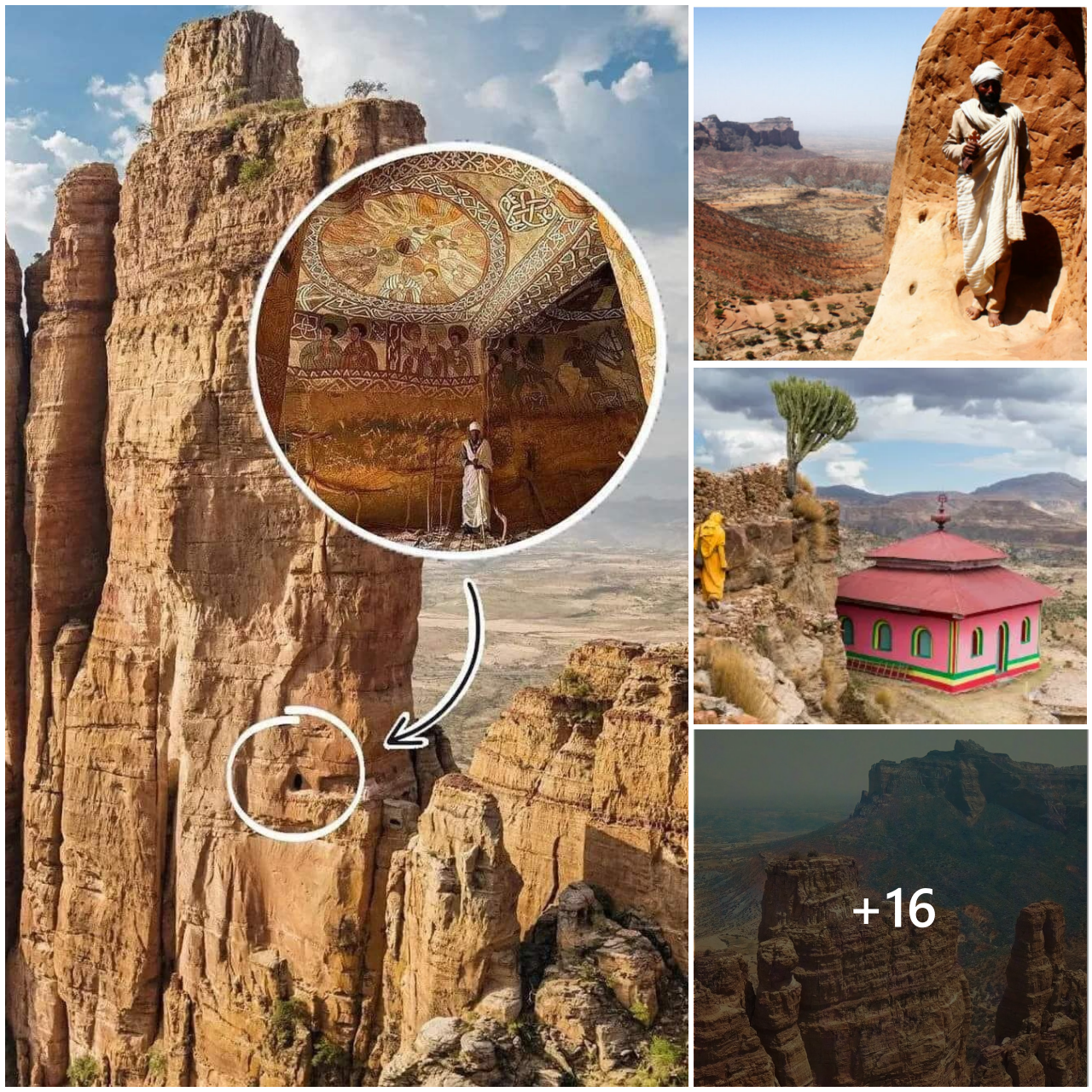Who are the Hindu Gods?
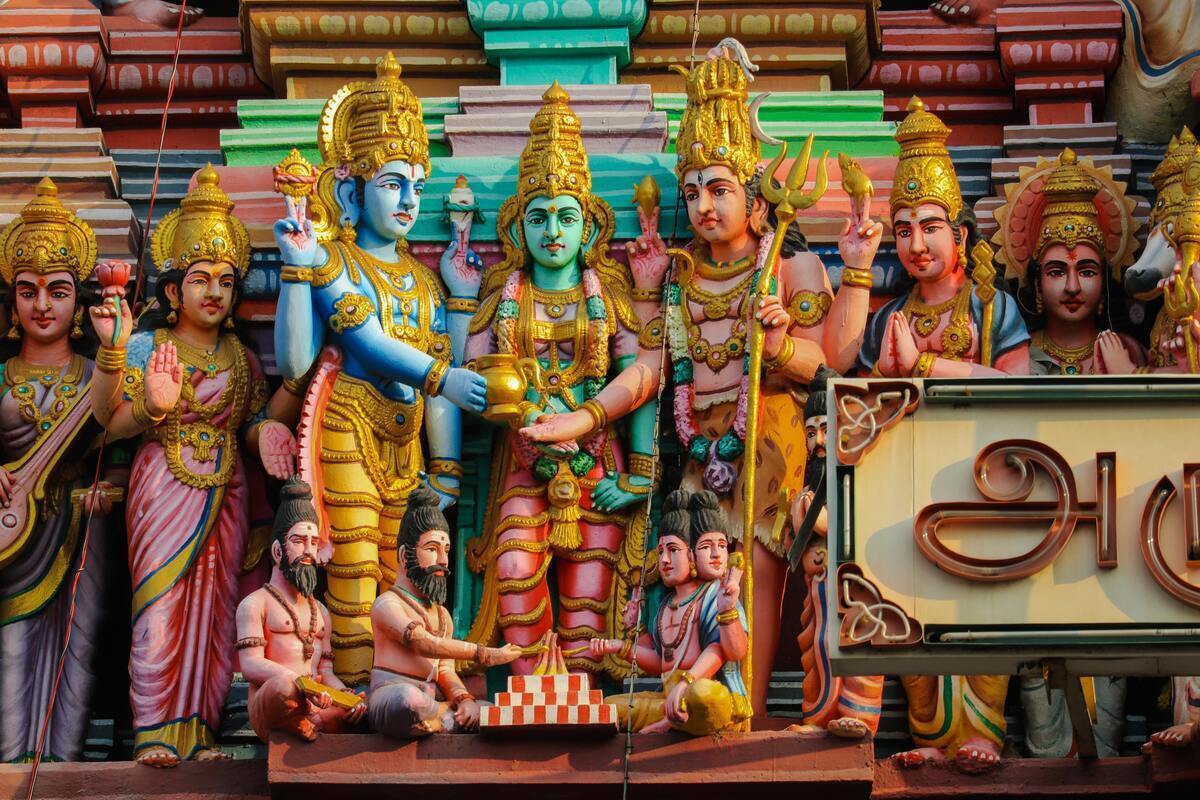
Hindu gods are all the gods that belong to the religion called Hinduism. The entire history of Hindu gods and religion is considered one of the oldest histories of mankind. Currently, Hinduism is the third largest religion in the world, dominant in India, Nepal and some countries in Southeast Asia.
Because it is a very complex polytheistic religion with diverse traditions, the simplest way to understand Hinduism is that the mysticism surrounding Hindu deities is through their major divisions. In this article, you will learn about the main branches of the Hindu pantheon, as well as the deities that belong to each of them.
Trimurti, the three main gods of Hinduism
The concept of Trimurti is associated with the idea of the trinity. According to Hinduism, there are three Hindu gods responsible for the balance and functioning of the entire universe: Brahma, Vishnu and Shiva. These deities represent the forces and energies contained in every living being and every person in this world, ensuring their transformation. Learn more about each deity below.
Brahma, God of Creation
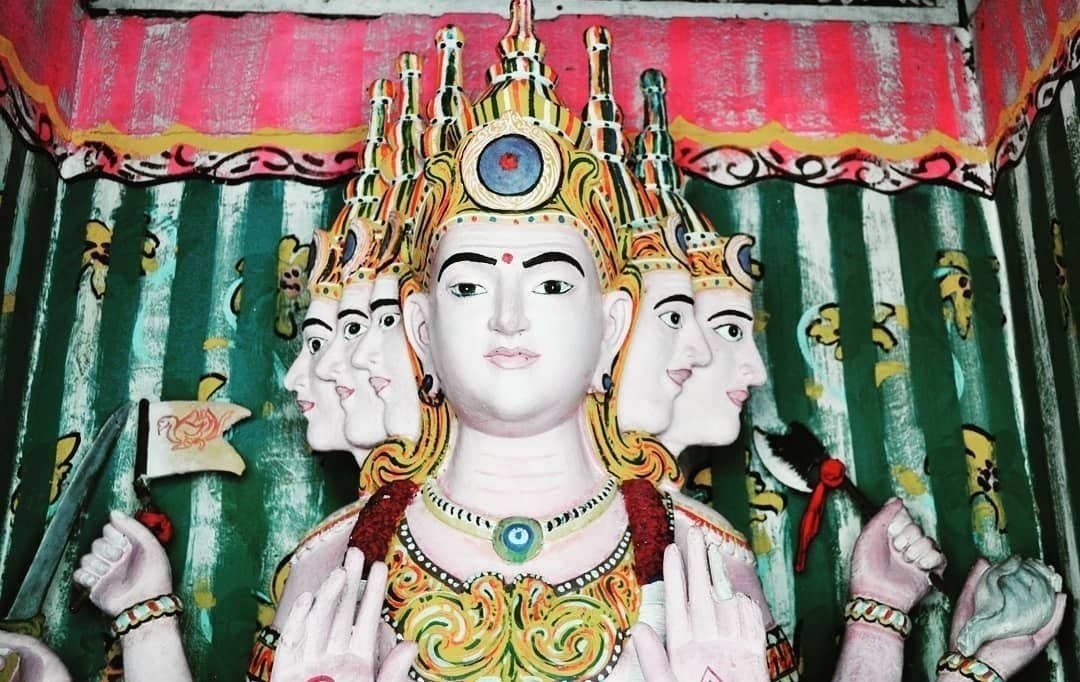
Lord Brahma is one of the main gods of Hinduism, represented as the creator god. He is usually represented by a humanoid with four heads, four arms, and reddish skin color.
He also has a connection to medicine and knowledge, being considered the protector of all doctors.
Yama, God of Death
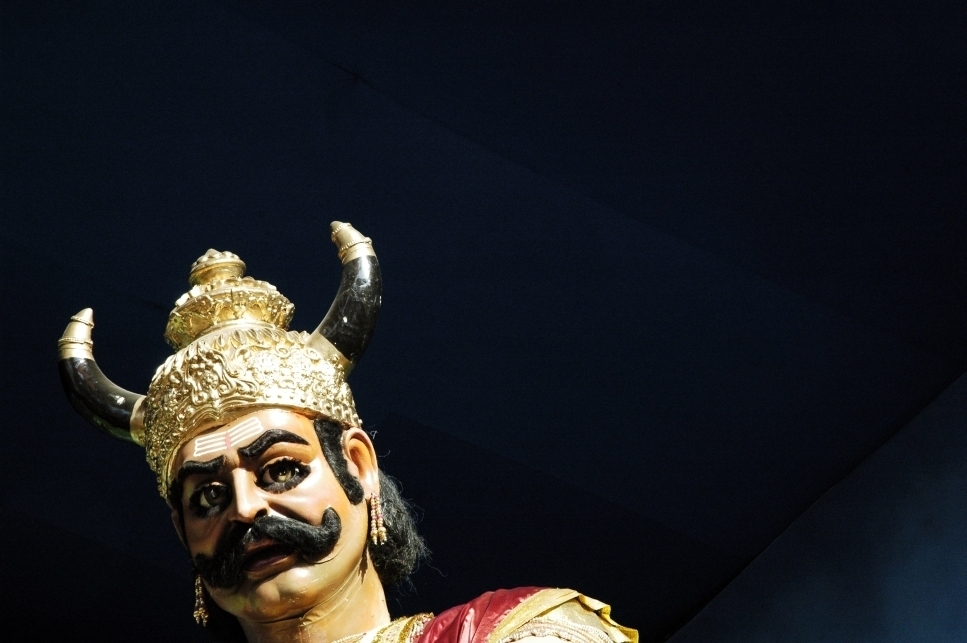
Yama is one of the oldest Vedic deities of Hinduism, the god of death and justice. He is often depicted as a dark-skinned god, riding a buffalo and holding an apple as a weapon to win souls.
The god Yama is associated with laws, moral codes, authority and prohibitions. In some versions of the scriptures, Yama appears as the son of Surya, and in others as the son of Brahma. Its function is to collect the souls of sinners and send them to Yamaloka, the Hindu equivalent of hell.
How present are Hindu gods in our lives?
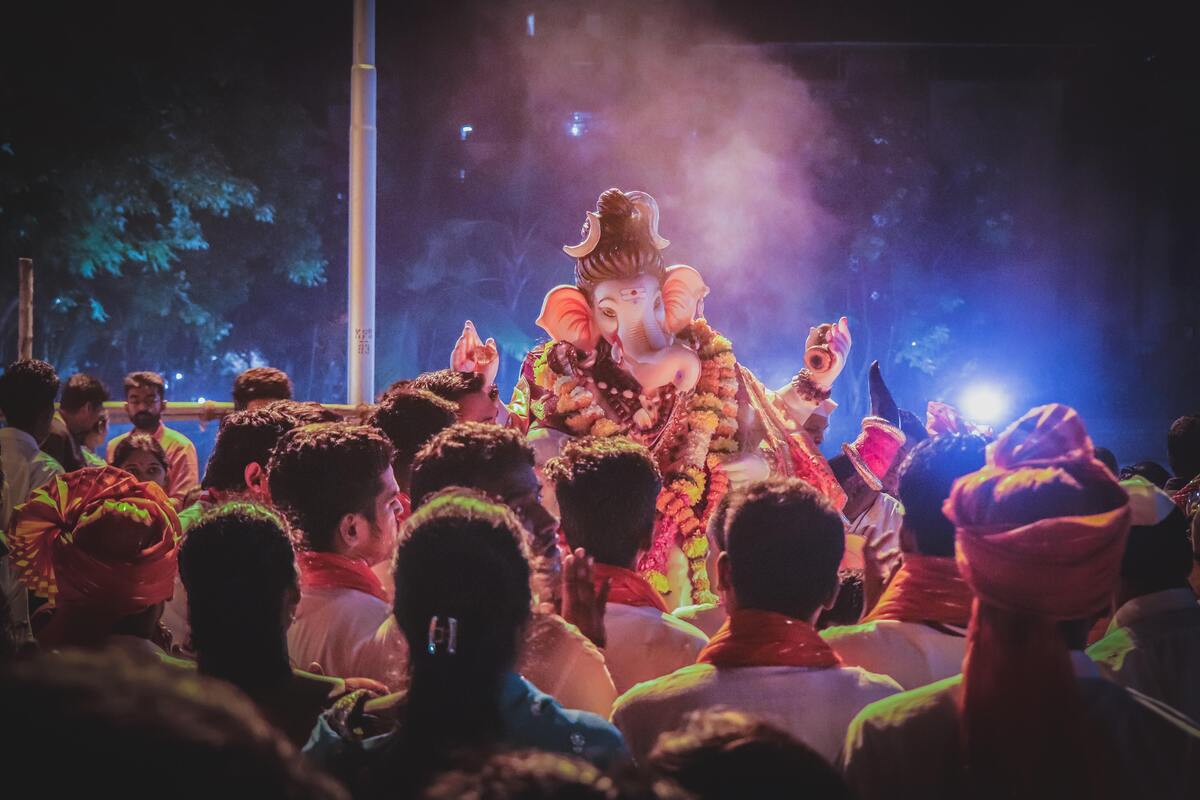
The presence of Hindu gods in human life can take place in many aspects. They can be present through your birth chart and zodiac sign, influencing your decisions and destiny. Furthermore, Hindu deities can manifest themselves positively in your life through traditional spiritual practices such as Yoga.
Brahma and the phenomenon of creation have two explanations. First, back to the story of this god being “born” from a golden egg created by himself. In other versions, the creation and knowledge of the Vedas (the oldest religious texts in India) are attributed to Brahma.
Although he is part of the supreme trinity of Hindu gods, cults featuring the director are not common in India. Hinduism is dedicated to this deity, as well as the construction of temples to her.
Vishnu, God of Preservation
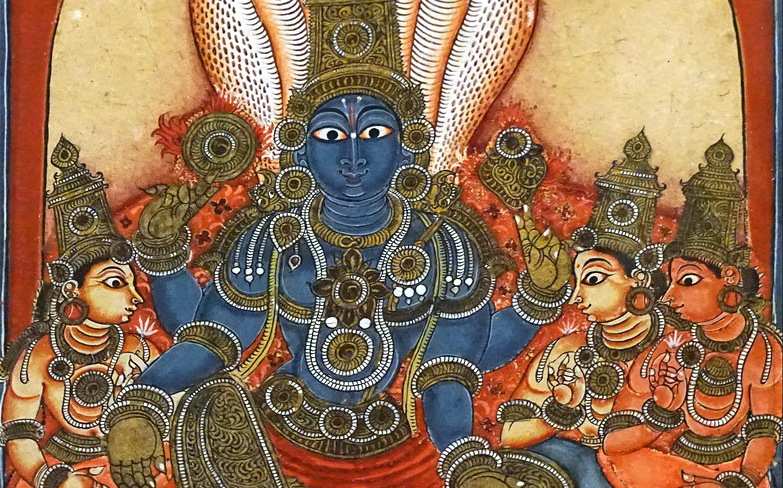
Vishnu is recognized as the god of preservation in the Trimurti. He has blue skin, four arms and is often depicted lying on a snake.
In Hinduism, the story of the history of the god Vishnu focuses on his incarnations (or incarnations). It is believed that whenever the world is threatened by the forces of chaos and destruction, this god returns to Earth prepared to restore order and protect Dharma (the acts that create life). and world order).
As the one capable of maintaining justice and balance in the world, sacred texts predict ten incarnations of Vishnu in history, each in a different form.
God of destruction Shiva
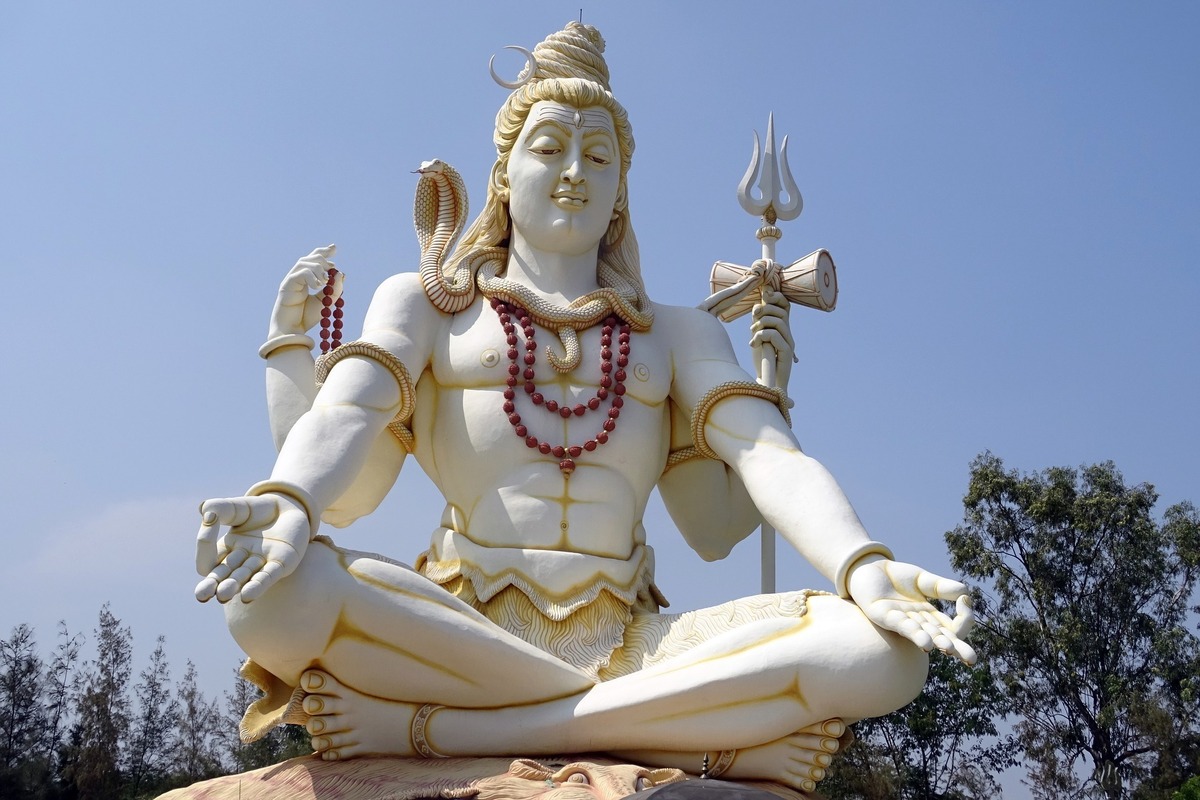
Lord Shiva is represented in the Trimurti as the god of destruction, or transformer. His most popular depiction depicts him with long, tangled hair, a blue throat, a third eye on his forehead, and four arms, one of which holds a trident.
In Hindu sacred texts, one can find contrasting versions of the personality of Shiva. On the one hand, this deity is defined by his benevolence, through the practice of Yoga and an ascetic lifestyle.
On the other hand, one also often finds references to Shiva being covered in ashes and slaying demons, symbolizing the finitude of living beings and nature.
